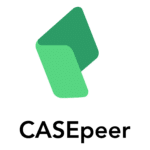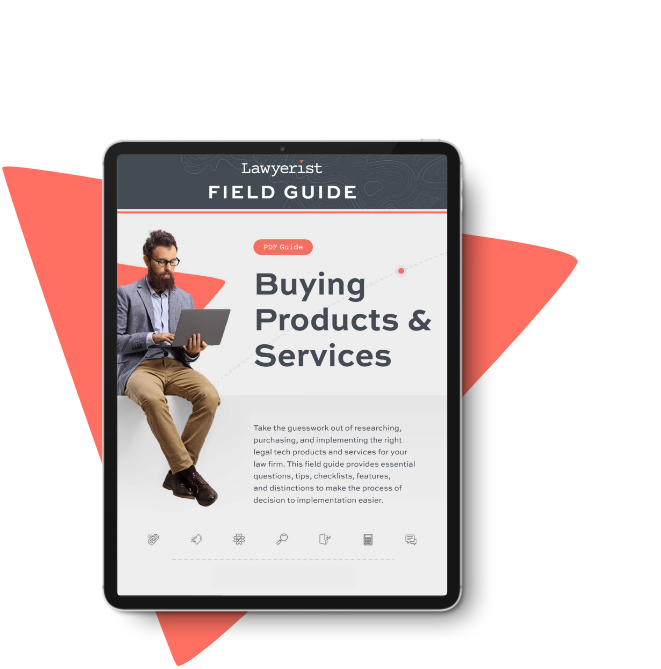Home » Products & Services for Small Law Firms » Law Practice Management Software » CaseFleet Review: Law Practice Management Software
CaseFleet Review: Law Practice Management Software

Lawyerist Rating for CaseFleet
i
Rating Breakdown
Our Rating: 4.4/5
Our rating is based on our subjective judgment. Use our resources—including our rating and community ratings and reviews—to find the best fit for your firm.
4.4/5
Overview
Featured Rating
What is CaseFleet?
CaseFleet is a cloud-based law practice management platform built with litigators in mind. It’s focused on evidence organization, document review, and fact management. Firms looking for a better way to handle investigations, depositions, and litigation will definitely want to review CaseFleet.
Starting Cost: $30/user/month
Pros
- Document Management
- Settlement Tracking
- Litigation Focus
Cons
- Not for Solos
- Weak Accounting
- Lack of Integrations
Overview
Featured Ratings
CaseFleet Review: Law Practice Management Software Features
Customer Experience & Support
/5
Price & Value
/5
Security
/5
Innovation & Future-Proofing
/5
Overview
Featured Rating
More




Leave a Review
You must login or register to post a review.